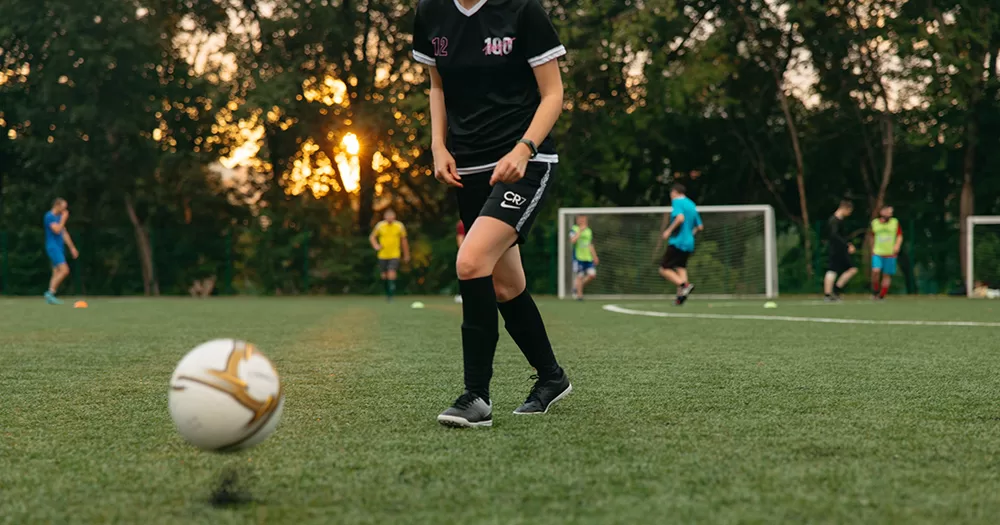United Nations (UN) experts have called on States and other stakeholders to enforce equal treatment of all athletes, particularly women and girls “in all their diversity” as well as LGBTQ+ persons. The remarks were made in a statement released on October 31, which accompanied a new policy position published on the protection of human rights in sport.
Noting the deep inequalities that these minority communities continue to face in the industry, the experts expressed grave concerns about factors such as structural barriers in accessing facilities, training and programmes, alongside the exclusion that is caused by gender and body stereotypes or bullying and harassment at individual and collective levels, including homophobic chanting in stadiums and online.
Also highlighted was the attempt to use male-female categorisation in sport to argue for the barring of trans and intersex women from participating as their true gender. The experts expressed further concern about the increasing noise surrounding this debate and the resulting restrictive measures implemented in law and public policy by State institutions and governing bodies alike.
“Categoric exclusions of trans and intersex women from women’s sports is a prima facie violation of human rights obligations under the principle of non-discrimination, and their right to privacy,” they said.
UN experts urge States and other stakeholders to respect the right of all to participate in cultural life through sports/games and to enforce an equal treatment of all athletes, especially women and girls in all their diversity, LGBT and intersex persons. https://t.co/4c7mrLhGHW pic.twitter.com/7xEm2XRiMx
— UN Special Procedures (@UN_SPExperts) November 1, 2023
“We are also deeply worried by the accompanying, oftentimes offensive, and even hateful targeting of trans and intersex persons in social media and public discourse, especially as it links to their sense of self and bodily autonomy, as those actions impact their physical and mental integrity.
“The notion of fairness is inextricable to the practice of sport, and the recognition of differences between human bodies may be relevant to protect and promote fairness in each discipline,” the experts continued, adding that States and organisations must remain committed to fairness “by also considering relevant factors that may impact participation based on categories protected under international human rights law, including sex characteristics, sexual orientation and/or gender identity.”
The experts concluded by saying: “We are convinced that sports have the power to change perceptions, prejudices, and behaviours: it must not be used to reinforce them.
“We therefore urge sporting bodies at the elite level to consider the implications of their decisions not only for LGBT and intersex athletes but, equally importantly, the impact that those decisions will have on LGBT and intersex persons participating in sports at all levels, as well as general social perceptions, and on the ideal of inclusive sport.”
The statement on queer athletes builds on a recent, broader UN policy position published on protection against violence and discrimination based on sexual orientation and gender identity related to the participation of LGBTQ+ persons in cultural life.
© 2023 GCN (Gay Community News). All rights reserved.
Support GCN
GCN is a free, vital resource for Ireland’s LGBTQ+ community since 1988.
GCN is a trading name of National LGBT Federation CLG, a registered charity - Charity Number: 20034580.
GCN relies on the generous support of the community and allies to sustain the crucial work that we do. Producing GCN is costly, and, in an industry which has been hugely impacted by rising costs, we need your support to help sustain and grow this vital resource.
Supporting GCN for as little as €1.99 per month will help us continue our work as Ireland’s free, independent LGBTQ+ media.
